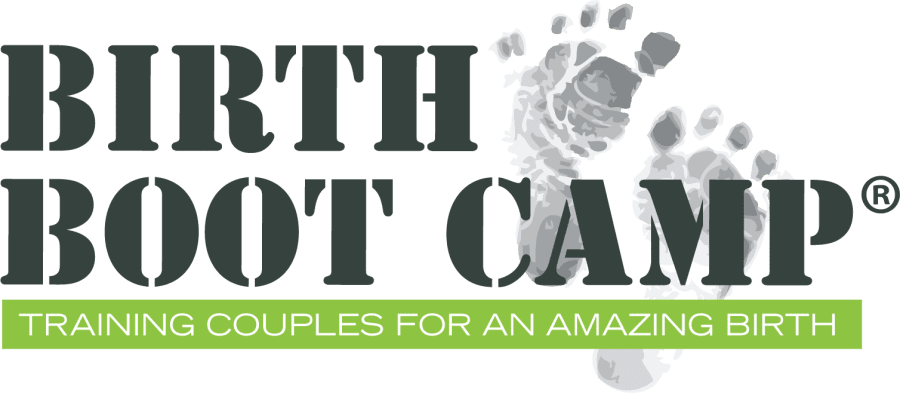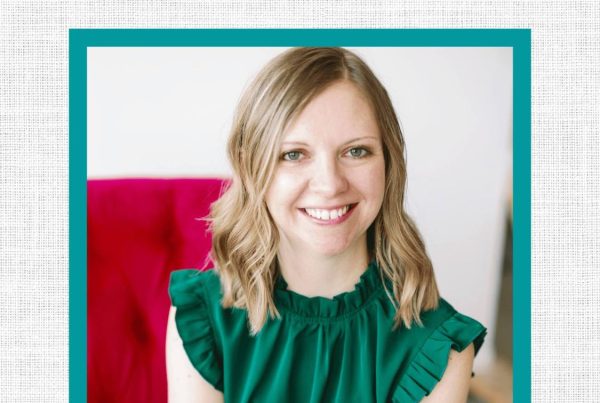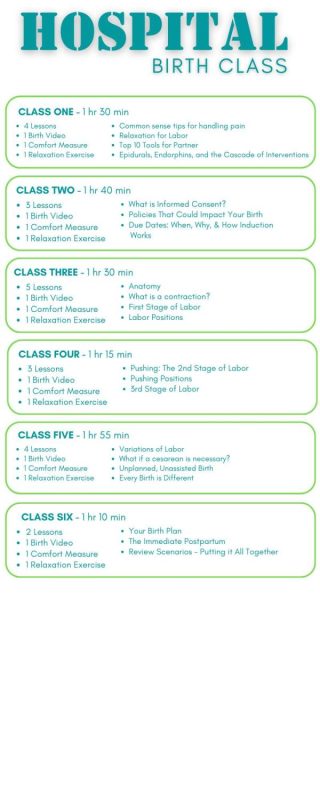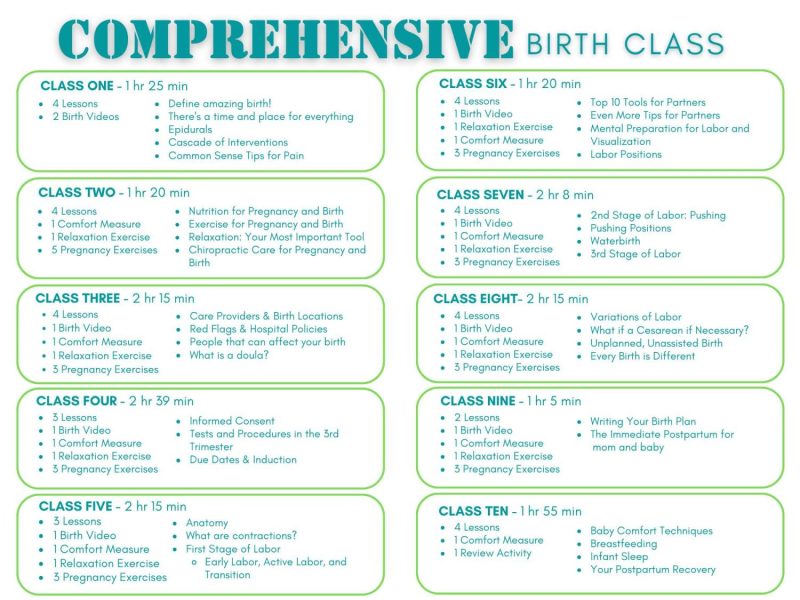Breastfeeding After Reduction Surgery
An important part of our mission at Birth Boot Camp is to encourage and truly support mothers in breastfeeding. From day one we have had on staff an Internationally Board Certified Lactation Consultant, Mellanie Sheppard, and every one of our students receives a two-disk breastfeeding DVD titled: Breastfeeding: the Ultimate MRE.
Breastfeeding after reduction surgery can pose a unique obstacle to the nursing relationship. We recognize that all breastfeeding relationships look a little different for a variety of reasons. Today we feel lucky to share one woman’s journey as she found her own success breastfeeding children after breast reduction surgery. Hollie Hauptly wrote this guest post and her story is inspiring for anyone struggling to make breastfeeding work against great odds. Thanks for reading!
~
I had always grown up knowing that I wanted to breastfeed my children. My mom had breastfed me and all of my siblings into toddlerhood. It was what I knew was the normal, biological thing to do. As a teenager I made the tough decision to have breast reduction surgery. I went back and forth on this decision multiple times, but when I was in 11th grade I made the final decision and had it done. My surgeon knew that I wanted to breastfeed when I had children. We talked about it together during my pre-surgery appointments. He was going to do what he could to make it possible for me to breastfeed, but he couldn’t offer a guarantee that it wouldn’t cause any problems. I have not ever regretted having the surgery done, but it has required me to work hard for the breastfeeding relationships I’ve had with my two children.
With my first child, I didn’t do all of the research I should have. I didn’t put much thought into it because my midwife’s attitude was, “We’ll just have to wait and see how much milk your body can makeâ€. After he was born he lost lots of weight, so much so that deep down in my gut, no matter how badly I didn’t want to, I knew I would have to give him formula supplements. I worked non-stop to increase my milk supply by taking fenugreek and blessed thistle, nursing as often as he would, and pumping after each feeding. I worked with a few lactation consultants and even had some very encouraging WIC breastfeeding counselors that helped a ton. I was able to provide him with about half of his nourishment and he finished every feeding with no more than just a couple ounces of formula.
During this time I struggled with many feelings of inadequacy. I remember coming home from appointments with the lactation consultant and just crying. I hated going to the pediatrician’s office to have my son weighed to see if he had gained weight. I can’t count the number of times I wanted to quit and it didn’t help that many others told me that most moms would have already quit if they were in my shoes. I became pretty hopeless in ever producing enough milk and I absolutely despised my breast pump. After accepting the fact that our breastfeeding routine would be different than I had envisioned we developed our new normal; breastfeed, bottle feed formula, wait 30 minutes and pump for about 15 minutes, repeat. Luckily he never required supplementation at night so I enjoyed our night time feedings. I was tired, but I would always rock with him for a while after his 2am feeding to get in some extra snuggles I missed when connected to my pump.
After all of the struggles, I was proud of all of the work that I had done to give my son the best I could. He received breast milk at every feeding, every day for 9 months. I had become pretty passionate about breastfeeding at this point. I wish I had done more research beforehand to have a better idea of what to expect. I looked around and saw many moms breastfeeding their babies without any problems, or so it seemed to me. I look back now and realize what I didn’t know, but I’ve grown since then and learned so much. “You know better, you do better,†right?
I have to stop and give a quick shout out to my husband here. If it weren’t for him and the support he was to me I doubt it would have all worked out the way it did. He went to just about every appointment with me, was my shoulder to cry on when no one else understood, washed pieces to the pump when I didn’t want anything else to do with it, bought my fenugreek, and helped me try any and every tip I found for increasing breast milk supply. He is a wonderful example of how partners and/or husbands can be supportive and really make a difference in a breastfeeding relationship.
After my experiences with my first natural birth and breastfeeding I became fairly passionate about it. I became a certified birth doula and many women in my area would come to me with pregnancy, birth, and breastfeeding questions. As part of my training to become a doula, I had to choose from a certain list of books to read. It’s a fairly common requirement for a majority of doula training programs.
One of the books I chose to read was Diana West’s book Defining Your Own Success: Breastfeeding After Breast Reduction Surgery. Wow, did I learn a lot! I thought I knew a lot about breastfeeding, but this just opened up a whole new world to me. I read the book and also joined the online support group at www.bfar.org. I couldn’t get enough at this point. I actively participated in the online forums and read, read, and read. They also now have a support group on Facebook as well. I really wish I had come across this book before having my first child.
This book was a total game changer for me and my views on breastfeeding. It has so much information that every breastfeeding mother would benefit from reading it, not just women that have had breast surgery. It’s so encouraging and filled with many real-life stories from women and their experiences. This book is full of the many different variations of breastfeeding after surgery and it also addresses the emotional aspects of BFAR, which I think was the hardest part for me. It was an emotional roller coaster and once I began looking at it from the perspective that I was giving my son as much breastmilk as I could it became much more enjoyable. Diana West has also co-authored another book called A Breastfeeding Mother’s Guide to Making More Milk.
After reading this book I learned that I was pregnant with my second child, a girl. I felt so much more prepared to breastfeed her. I had a plan in place this time and would do everything possible to breastfeed exclusively. I re-read the book and along with my doula training and growth as a mother I learned of a few things I did with my first child that likely hindered our breastfeeding relationship. I continued researching the many different options for increasing milk supply to determine what I would do from the day of birth instead of a few weeks into it.
I discovered a company called Motherlove that has a lot of wonderful products which include supplements for breastfeeding mothers to increase breastmilk supply. I planned to take the Motherlove More Milk Special Blend. This has a certain herb called goat’s rue that can actually help with the productions of mammillary tissues, as well as fenugreek, blessed thistle, nettle, and fennel. All of these are known for increasing breastmilk supply and with the convenience of it all being in one supplement, I bought a few bottles and packed them it my hospital bag. I was also prepared with an SNS nursing system in case we may need to supplement. The lactation consultant that helped me a lot with my son gave it to me because she knew how badly I wanted it to work out better this time.
After my second beautiful, natural birth, I began taking the More Milk Special Blend and nursed, nursed, and nursed. With my first child I tried to get him on a schedule too early, which is in part one thing I learned that was probably part of our problem, but with my daughter I nursed on demand, did a lot (and I mean a lot) of skin to skin contact. I didn’t start pumping right away because I felt like I was nursing much more frequently than with my son. I had a new, much more supportive family physician this time.
He was confident in me as well and I felt that he would do what he could to support me. He never even mentioned supplementation. I was really excited when I learned that she hadn’t lost half as much weight as my son had lost and she was right on track to gain well. At two weeks old she still hadn’t gotten back to her birth weight so I met with my lactation consultant again and everything really was going well, she was just a little slow to gain. We could tell that she was emptying the breast and was transferring milk. I could tell the difference in her swallowing when the milk let down and I kept track of everything; number of feedings, how long, diaper output, etc.
Now, don’t get me wrong, she was breastfeeding well and I was pretty sure that she was doing great, but I was still nervous that I would have to start supplementing and that all of a sudden it wouldn’t be working as well. It was a nerve wracking few weeks, but we made sure she was gaining a minimum or 4-5 oz. a week and things continued to go well. It still took her about a month to get back up to her birth weight, but she was healthy. She was satisfied after feedings; she was hydrated, and had a good number of diapers each day. I kept track for quite a while before I felt comfortable just knowing that my daughter was getting everything she needed.
Because of my experiences with BFAR (breastfeeding after reduction) I am even more passionate about breastfeeding. I am very open to sharing my experiences with women that may be going through something similar. I often hear a lot of first time moms worry about having enough milk for their baby, but taking the right steps to prepare and knowing how to get breastfeeding off to the right start, a majority of moms can be successful. I discuss this in detail when teaching Birth Boot Camp childbirth classes to expectant couples. One reason I chose to teach Birth Boot Camp is because of the great breastfeeding dvd each couple receives for their own use and we cover even more in class. Any couple that works with me either as their doula or that takes my class knows that they can call me any time with breastfeeding questions or help. If I can’t answer their questions or offer any other suggestions there are many very qualified lactation consultants in our area that I refer them to.
Breastfeeding is an amazing gift we can give to our babies. Every breastfeeding relationship will be different and I believe that for women that are planning to breastfeed after having some kind of breast surgery you need to be aware of the different possibilities and what breastfeeding may look like for you. One of the biggest things that made an impact on me as a mother that has breastfed after surgery is that breastfeeding isn’t all or nothing.
Diana West say this in her book: “Look at what an extraordinary gift you’ve given your baby! Defining your success is not about how much milk you were able to produce of how many months you were able to breastfeed. Defining your success means giving yourself credit for the commitment you made to giving your baby the best start in life and the tremendous effort you put into pursuing that goal.†I couldn’t agree more with this sentiment. Breastfeeding after reduction surgery takes tremendous effort and will be different for each woman, but nothing beats the feeling of knowing you did your best against the odds and still succeeded.
Hollie Hauptly is a mother of two, a certified birth doula, and a Birth Boot Camp childbirth educator in the Dallas, Texas area. After achieving a beautiful natural birth with her first child she became a doula in 2010 and shortly thereafter began teaching birth classes. You can contact Hollie via e-mail: [email protected] or find her on her website: www.sweetserenitybirth.com







